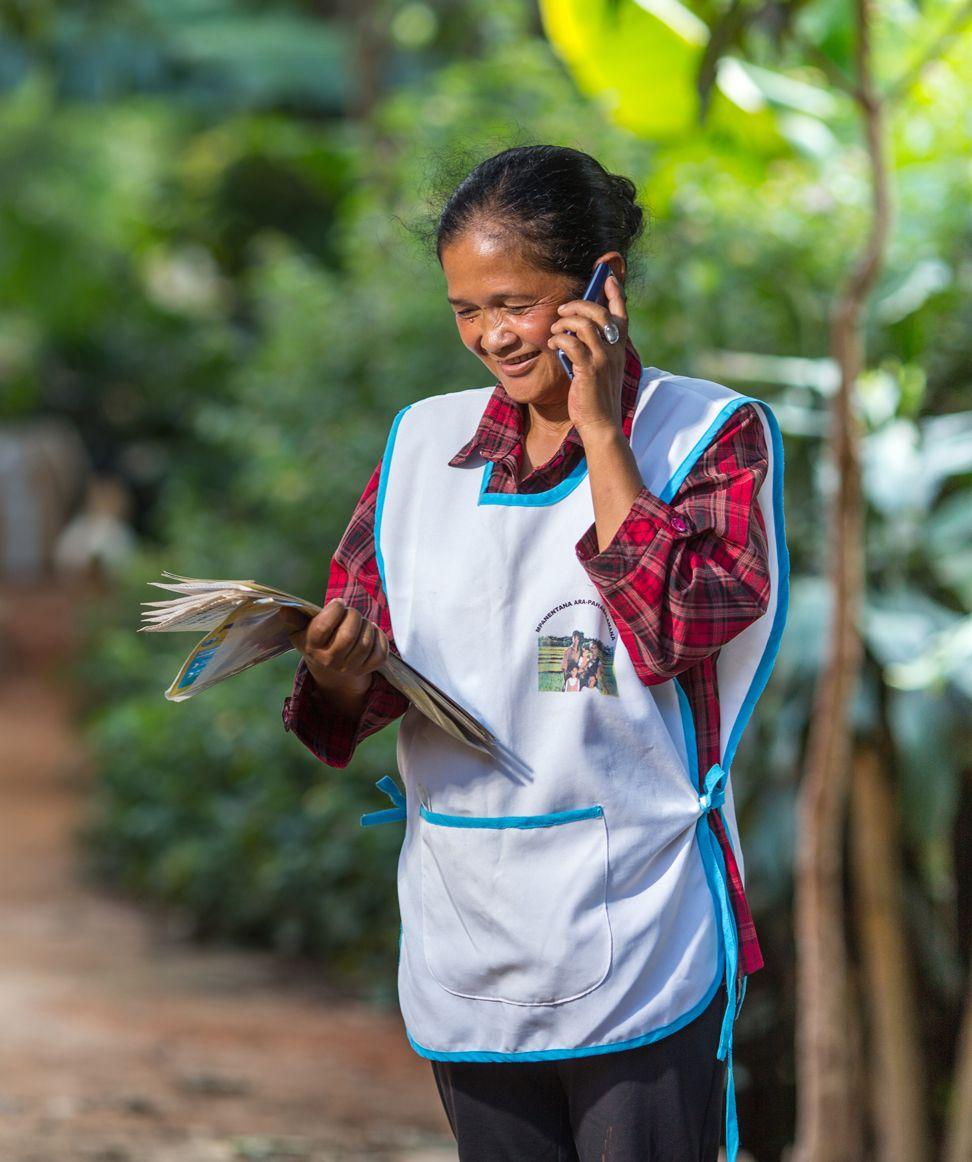From beans to cholera: how AI is providing information in developing countries.
By Lilith Foster-Collins
Apr 05, 2024
Could AI be the key to information access in developing countries?
Social enterprise Viamo thinks so, and is rolling out a pilot in Zambia and Nigeria, with expansion to follow in Pakistan, India and Tanzania.
The pilot offers a text and phone service where users can ask questions as diverse as “How can I plant beans?”, “What is a democracy?” and “Why am I so emotional that sometimes I even feel lonely or unwanted?” and receive answers in local languages.
A generative AI system is combined with expert health, education and agricultural advice to provide users with accurate information.
The project aims to combat the key challenge of accessing information sources such as the internet in areas with low literacy rates and poor infrastructure by harnessing the power of non-internet phones.
In Zambia, only 33% of the population have access to the internet but over 80% own a mobile phone, making phones a key opportunity for development.
The service is voice activated and can respond verbally, making it accessible to those who cannot read or who have visual impairments.
Reuters met a user in Nigeria, visually impaired Kehinde Olutubosun, a geography and animal enthusiast who uses Viamo as a source of information.
GIF invested $1.5 million in Viamo in 2021, aiming to help the enterprise scale in existing and new markets, and invest in technology development and new products.
The Viamo platform originally offered curated and pre-recorded answers to questions across 30-40 topics in local languages, but the enterprise realised the potential for AI to enhance their content.
Viamo’s Generative AI feature, ‘Ask Viamo Anything’ (AVA), was the outcome, offering conversational, voice-first interactions for anyone with a basic, non-internet phone.
And the investment is already paying off.
AVA is driving engagement with the platform with engagement up 300%. The service is particularly popular with women, with women making 60% of the enquiries related to the Sustainable Development Goals.
The service has demonstrated its value as a source of health information. During a cholera outbreak in Zambia, the platform offered reliable health information about cholera and its prevention.
The service has also been used by users to enquire about other health information, with sexual health and pregnancy being popular topics.
Viamo says that the pilot is “just the beginning”.
“We’re actively innovating and enhancing AVA to fit the needs of diverse countries and communities – ensuring that information reaches everyone, everywhere.”
“We’re also set to roll out AVA to all 19 countries this year where the Viamo Platform already has millions of monthly users.”
Viamo has produced a report which looks at how GenAI is used once it is in the hands of the digitally disconnected. For more information, and to sign up to receive the full report, click here.
